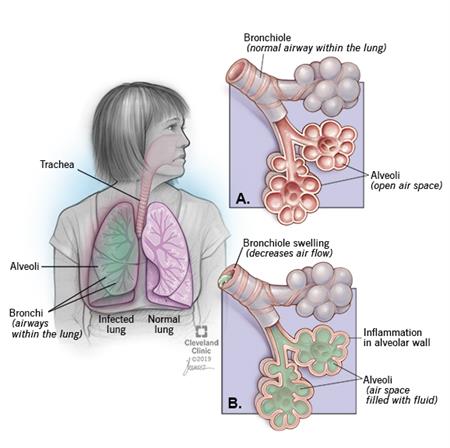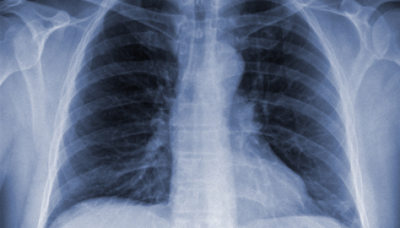
Is pneumonia contagious? It's one of those medical questions that really can't be answered in a definitive way. So, is pneumonia contagious from person to person? It can be, and sometimes it can be very serious. But if you know what the symptoms are and how they develop, then it can be treated.
Pneumonia is a condition in which the lung is affected by bacteria. In its most severe form it can even result in death. So, why does pneumonia become contagious? Viruses and bacteria that cause the common flu, cold, or other viral infections are quite contagious and can cause pneumonia.
There are different types of pneumonia, and some of them are not as serious as others. But the most common is pneumonia caused by Streptococcus pneumoniae, which is an airborne bacterium that usually lives in the mouth. Other kinds of pneumonia include Streptococcus pneumoniae, streptococcus pyogenes, streptococcus pneumoniae, and Streptococcus pneumoniae.
Many things can cause pneumonia, so a physician can look at you and see what the signs and symptoms of pneumonia are. The first sign of pneumonia is wheezing and coughing. If you're feeling these symptoms frequently, then you should get checked out immediately.
Another sign is chest pain. When you cough or wheeze, this often causes chest pain.
This pain is the most common symptom of pneumonia because it usually happens right around the heart. If you're dealing with this type of pain, then get to the hospital and see a doctor. They will do a test to see if you have pneumonia and get the proper treatment.
If you feel the fever while you have this kind of cough, then you may be sick. Fever is another symptom of pneumonia, and it occurs because the body isn't getting the proper nutrients. The body can't work properly and produce enough oxygen. and is working harder than it's supposed to.

Sometimes you can also experience chills because your body doesn't want to keep producing as much oxygen as it needs. But don't worry about it, because that will subside after a day or two. And when the body finally does get back on track, it will be back to normal.
So, if you think you have pneumonia, talk to your doctor about it right away
If it gets any worse, he or she can tell you whether or not you need to take care of it right away. The earlier you treat it, the better chances you have of getting better.
If you have pneumonia, then there is a chance that your immune system could be down. When this happens, there is a chance that your body isn't going to be able to fight off other germs and bacteria as well as it could have before. If that's the case, you might not be able to fight off pneumonia as effectively as you might have been used to. And that could make the condition a lot worse.
If you've been diagnosed with pneumonia, there are a few things that you can do to help with your treatment. One of the things that you can do is to take antibiotics. and have them taken regularly over a period of time.
Antibiotics, although they can be very effective, can leave side effects, and that's why it is important to talk to your doctor about the possibility of them. They aren't completely 100% effective, but the antibiotics are great in a pinch. If you can't afford to spend the money on a long term antibiotic prescription, then a short term one can do the trick for you.
You can also get different antibiotics from a doctor. He or she will probably have a list of different ones to give you. One of the antibiotics that can be used on a patient with pneumonia is tetracycline.
For more severe cases of pneumonia, there are also antibiotics that are prescribed intravenously. These antibiotics are meant for patients who haven't been sick enough to have had a chance to build up resistance to other antibiotics.